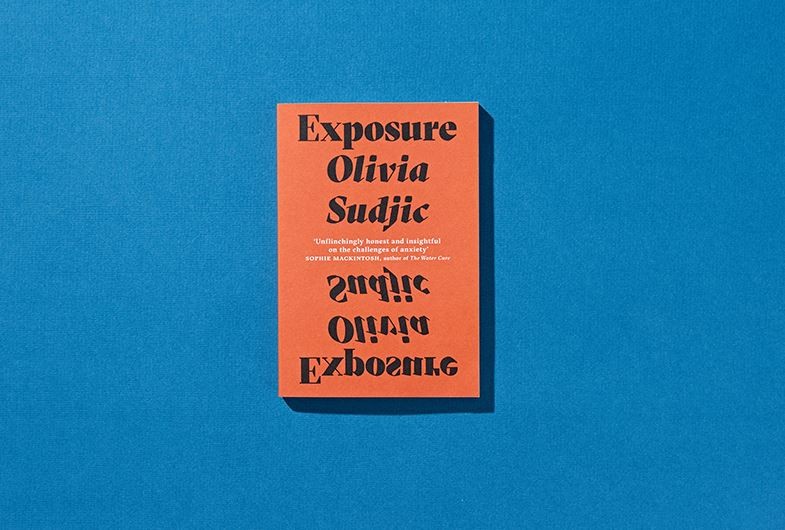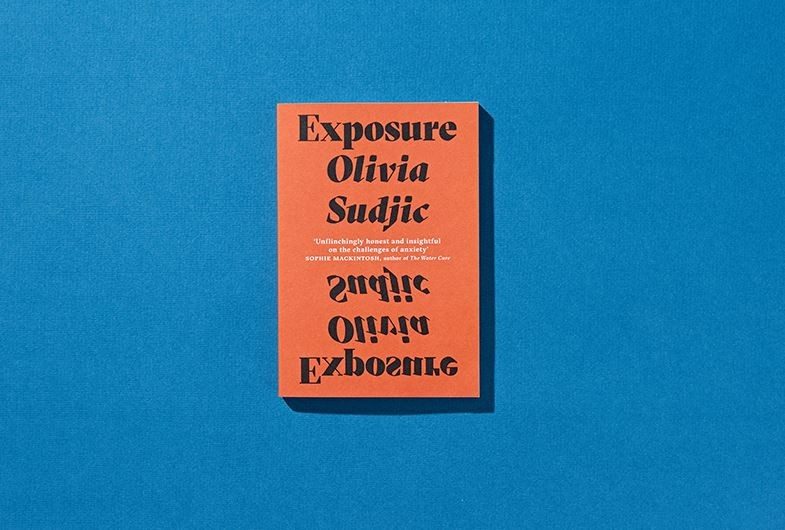TALK: Exposure by Olivia Sudjic
After its first year of exhibition-making, Goldsmiths CCA paused to reflect on a number of women artists’ practices it has hosted and the contemporary feminist discourse it has engaged in. Within this context we invited writer Olivia Sudjic to read from her book Exposure (2018), in which she explores the trope of anxiety within female creativity. The essay positions anxiety – a state of thin-skinnedness and hypervigilance – as holding the potential for an imaginary, or point from which to create. Moving through and alongside her ‘talisman’ authors; Rachel Cusk, Clarice Lispector, Maggie Nelson, Chris Kraus and Elena Ferrante, she documents her own struggles with anxiety, and frames them within a feminist critique of the reception of female authors. Particularly resonant are her illuminating discussions of the ways in which narratives concerning the internal life of women (a politicised position given the lack of public space afforded to women) are often assumed to be autobiographical and negatively positioned as ‘diaristic’, a dismissive charge rarely levelled at male authors. The talk also explores the impact of technology on subjectivity, drawing on her first novel Sympathy (2017).
After its first year of exhibition-making, Goldsmiths CCA paused to reflect on a number of women artists’ practices it has hosted and the contemporary feminist discourse it has engaged in. Within this context we invited writer Olivia Sudjic to read from her book Exposure (2018), in which she explores the trope of anxiety within female creativity. The essay positions anxiety – a state of thin-skinnedness and hypervigilance – as holding the potential for an imaginary, or point from which to create. Moving through and alongside her ‘talisman’ authors; Rachel Cusk, Clarice Lispector, Maggie Nelson, Chris Kraus and Elena Ferrante, she documents her own struggles with anxiety, and frames them within a feminist critique of the reception of female authors. Particularly resonant are her illuminating discussions of the ways in which narratives concerning the internal life of women (a politicised position given the lack of public space afforded to women) are often assumed to be autobiographical and negatively positioned as ‘diaristic’, a dismissive charge rarely levelled at male authors. The talk also explores the impact of technology on subjectivity, drawing on her first novel Sympathy (2017).
Read Less...

